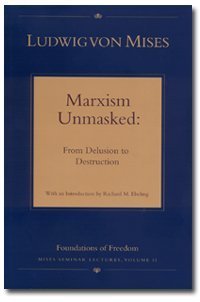What do you think?
Rate this book


110 pages, Paperback
First published January 1, 2006
"على سبيل المثال، في المدرسة يتعلم البعض؛ والبعض لا. هنالك اختلافات بين الرجال"
"عندما يقول ماركس بأنهم يحملون أفكارا سيئة، فهو يعني أنه لا يحب حامليها"